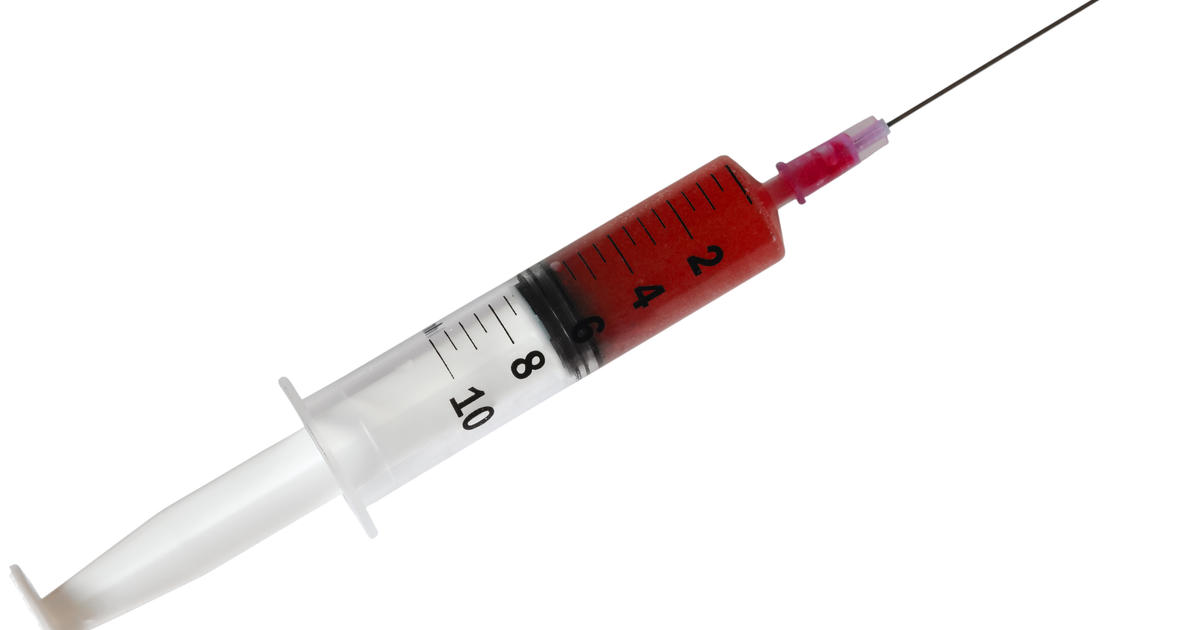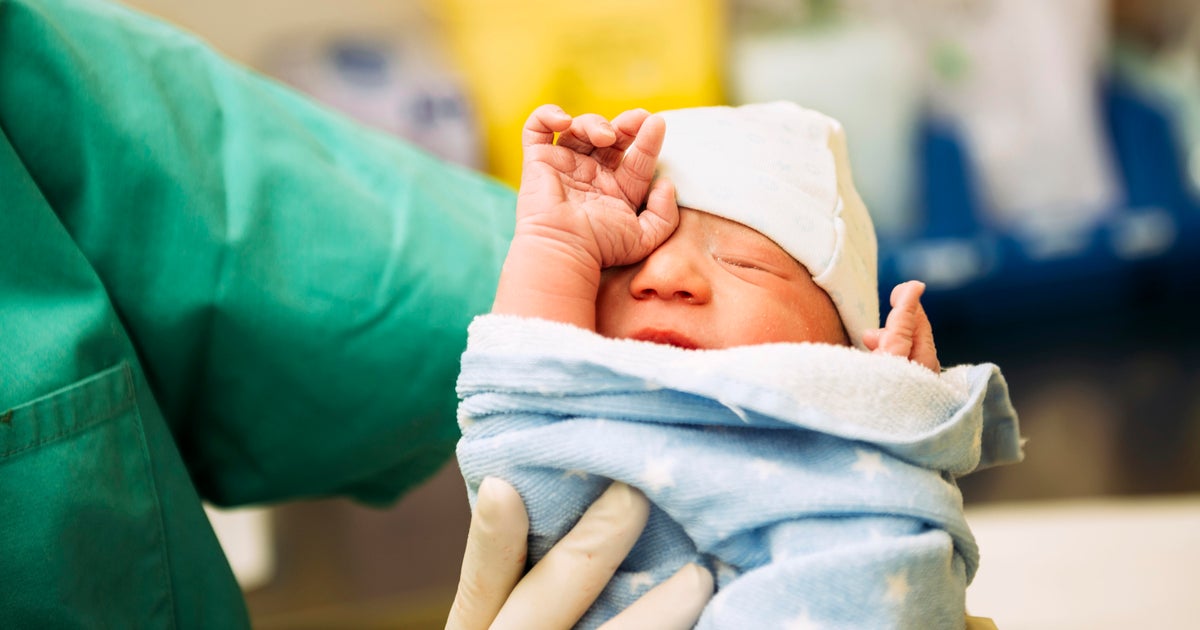More Americans are getting colon cancer, and at younger ages. Scientists aren't sure why.
Americans are getting cancer — colon cancer, breast cancer, cervical cancer and other types — at higher rates. And they're being diagnosed at younger ages, according to a study out Wednesday from the American Cancer Society.
Colorectal cancer, once the fourth-leading cause of cancer deaths for people younger than 50, has leaped up the list, becoming the leading cause for men and ranking second for women, the study, published in CA: A Cancer Journal for Clinicians, states. Cancer is the second-leading cause of death in U.S. adults, behind heart disease, according to the Centers for Disease Control and Prevention.
One bright spot in the report was that cancer deaths continued to decrease. But experts warned that given the rise in some of the most deadly forms of cancer being diagnosed, an increase in deaths could follow.
"We've been seeing an increased risk of colon cancer incidence for years. It takes a number of years for that, then, to translate to increased deaths, because you don't die right away," CBS News chief medical correspondent Dr. Jon LaPook, a gastroenterologist, said on "CBS Mornings."
The study's lead author, he said, expressed concern to him that the cancers that make up 6 of the 10 top causes of death have increased.
"Even though the deaths haven't increased yet, this is a warning signal that says, hey, let's take a look at this, because it could translate to deaths down the line," LaPook said.
What kinds of cancers are increasing?
Colorectal cancer, uterine cancer, kidney cancer, gastric or stomach cancer and pancreatic cancer are on the rise, Dr. Tim Tiutan, an oncology hospitalist, told CBS News.
While cancers like lung cancer have been decreasing as cigarette smoking has declined, a decrease in colorectal cancer among adults 65 and older has masked the rise in these cancers in people younger than 55 since the 1990s, the study states.
"If you compare between the year 2000 and the year 2019, for those under the age of 50, 13% increase," Tiutan said.
Colon cancer screening guidelines have been altered in recent years to try to catch these cancers in people of younger ages, lowering the recommended age of first screening from 50 to 45 for adults with average risk.
Why are more people getting certain cancers?
The study's authors — and other experts — aren't sure, but the latest report cited some possible factors.
"Rising incidence in the United States and several other high‐income countries since the mid‐1990s remains unexplained but likely reflects changes in lifestyle exposures that began with generations born circa 1950," the study's authors write.
Lifestyle factors that influence the body's microbiome could be behind the upward trend in colorectal cancers.
"The possible reasons why are all theoretical. For one thing, obesity is increasing, so it's linked to obesity — something in our diet, something in the environment," said LaPook. "An interesting theory is the microbiome, the trillions of bacteria, thousands of species in our gut. And there are certain types — certain species — that seem to be linked to an increased risk of colon cancer. And we're changing our microbiome with antibiotics, with our diet, with things like that."
Tituan said meats and ultraprocessed foods, such as packaged cookies, chips and boxed pizza, as well as alcohol and tobacco use and a sedentary lifestyle, could also contribute.
"The theories center around the gut microbiome. The microorganisms that live in our stomach, intestines, that get influenced by what we put in our body or what we do with our body, that increase inflammation to then increase cancer risk," Tituan said.
The good news, however, is that people diagnosed with cancer are living longer and dying less often. The 5-year survival rate is 69%, according to the study — up from less than half that in the 1970s — and the overall death rate has been cut by 33%, as of 2021, from its peak in 1991.
Even with those improvements, the study's authors predict more than 600,000 people in the U.S. will die of cancer this year — 1,680 each day.



